Planning Pregnancy: Beginning the Journey to Parenthood
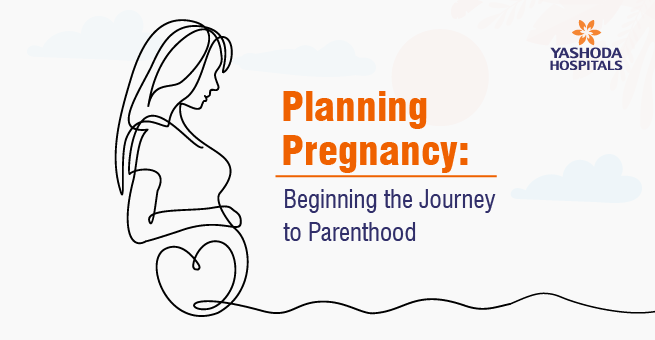
Pregnancy planning is a major and exciting milestone toward the creation of a family. It is a path filled with expectation, but one that also needs proper preparation and intelligent decision-making. This definitive guide will guide you through the key elements of preconception and how to plan pregnancy, as well as how to detect pregnancy, including everything from how to prepare for health to knowing about fertility and getting through early pregnancy. Regardless of whether you are beginning to consider a baby or you are actually attempting to conceive, this information will enable you to make an educated decision and put yourself in a better position for a healthy baby and healthy pregnancy.
Optimizing the Health: The Foundation for a Healthy Pregnancy
Mother’s health plays a crucial role in the health of the future baby. Considering these steps to optimize the physical and mental well-being before conception is vital.
- Medical Check-up: Book a preconception check-up with the doctor. During this visit, one might have the chance to bring up the medical history, any pre-existing conditions, and the medications they take. The physician can review women’s general health and find out if there are risks to their pregnancy. They might also suggest certain tests or immunizations.
- Healthy Diet: Eating a healthy, balanced diet is important for both the fertility and the health of the baby. Eat lots of fruits, vegetables, whole grains, and lean protein. Eat less processed food, sugary beverages, and unhealthy fats.
- Exercise Regularly: Regular exercise is good for overall health and can enhance fertility. Try to do at least 30 minutes of moderate-intensity exercise most days of the week. Walking, swimming, and yoga are great options.
- Healthy Weight: Overweight or underweight can influence fertility and pose a risk of pregnancy complications. Consult the doctor to gain and sustain a healthy weight prior to conception.
- Restricting Alcohol and Caffeine: Drinking too much alcohol can hurt a developing fetus. It is advised to avoid or reduce drinking alcohol when conceiving. Large amounts of caffeine consumption have also been associated with certain pregnancy issues, so it’s best to cut back on caffeine intake.
- Giving Up Smoking: Smoking is harmful to fertility and pregnancy. It can raise the risk of miscarriage, premature birth, and low birth weight. Giving up smoking is one of the best things one can do for their own health and the health of their baby.
- Stress Management: Excessive stress can impact fertility. Use stress-reducing methods such as meditation, yoga, or deep breathing. Adequate sleep is also important for stress management.
Preconception Health in Men: A Partner’s Role
Men have an important role to play in preconception health as well.
- Healthy Lifestyle: Men too need to maintain a healthy diet, exercise regularly, and not smoke and drink excessively.
- Sperm Health: Smoking, heavy drinking, and toxic exposure can impact sperm health. Sperm quality and movement can be enhanced by living a healthy lifestyle.
- Medical Check-up: Men can also visit their physician for a check-up and consult on their health and on any possible effect on fertility.
Understanding Fertility: The Fundamentals of Conception
Thus, timing sexual intercourse within one’s fertile window markedly enhances their chances of conceiving. The following are the key aspects:
A. The Fertile Window: When It’s Most Likely to Lead to Conception
The fertile window is not a single day but rather includes several days surrounding ovulation—the moment when the egg is released from an ovary. Although the egg only lasts for around 12 to 24 hours, the sperm live for several days, typically 3 to 5 days or even longer, within the female reproductive tract. Thus, the fertile window is just a few days before ovulation, the day of ovulation, and a day or so after ovulation.
Finding the fertile window is the key point. Here are some of them:
- Tracking the Cycle: Ovulation for women who have regular menstrual cycles occurs approximately 14 days before the onset of the new period. Average though this may be, cycle lengths differ across women. Tracking the cycles for a couple of months can help one to establish an identified pattern and give them a rough guess of ovulation dates. Calendar apps and period trackers can be useful tools.
- Monitoring Ovulation: There are various ways to monitor ovulation, including:
- Ovulation Predictor Kits (OPKs): These kits detect the surge of luteinizing hormone (LH) just before ovulation. A positive reading on an OPK kit usually means ovulation is going to occur in the next 24-48 hours; these are readily available in pharmacies.
- Basal Body Temperature (BBT) Tracking: BBT is that resting temperature of the body. Just before ovulation, it dips slightly and then rises slightly after ovulation. Hence, tracking BBT on a daily basis can help one to determine this body temperature shift, which can indicate the occurrence of ovulation. However, BBT tracking is much more useful in confirming ovulation after it has occurred rather than predicting when it happens.
- Changes in Cervical Mucus: During the entire menstrual cycle, the cervical mucus keeps changing. Just prior to ovulation, the cervical mucus changes to become clear, thinner, and more stretchy, resembling egg whites. The “fertile mucus” helps the movement of sperm and even increases their chances of survival. One can watch out for these changes to identify the fertile window.
B. Intercourse Frequency: Quality vs. Quantity
While many couples trying to conceive are taught to engage in frequent intercourse, having sex every day is neither necessary nor advisable. The best window to maximize a couple’s chances for conception is to have intercourse every other day during that period. Here are the reasons for this recommendation:
- Sperm count: Daily intercourse may lead to decreased sperm count in some men. Once again, while lower counts may not actually prevent conception, a day or two between ejaculation allows the body to replenish its sperm reserves.
- Sperm quality: Extra attention is given to sperm quality here. While daily ejaculation may have a negative impact on sperm count, it also increases the chance of “fresher” sperm. Intercourse every other day balances these two important considerations.
- Stress reduction: Setting up intercourse daily sets up enormous pressure for both partners and essentially turns sex into a duty, which is very stressful and reduces enjoyment. Taking things a little easier can be advantageous.
- Focusing on the fertile window: Intercourse should be focused on the fertile window more than anything else. The focus should be on having intercourse when ovulation occurs instead of just having intercourse whenever possible.
C. Significant Factors
- Individual Variation: Every couple is different, and what works for one couple may not work for another. If in doubt, talking to the doctor can help.
- Pre-existing Conditions: Some medical conditions have effects on fertility and the timing of sex. One should discuss the underlying health issues with the doctor before proceeding with anything personalized.
- Enjoyment: Make sure that sex has an element of enjoyment for both partners. A relaxed and positive approach is always best.
Prenatal Vitamins: Essential Nutrients
Prenatal vitamins are necessary to become a significant part of a pregnant lady’s health as they provide an essential nutrient type for both herself and a growing baby. Ideally, these vitamins would be consumed before conception and would continue throughout a woman’s pregnancy.
A. Folic Acid: The Protector of the Neural Tube
Folic acid (one of the B vitamins) is preventing neural tube defects (NTDs)—those defects present at birth in a baby’s brain or spinal cord—and is recommended to start with folic acid supplementation before conception, one month prior to that. The recommended dose is 400 mcg daily, while higher doses may be required depending on risk factors.
B. Other Important Nutrients: Holistic Approach
Prenatal vitamins contain a mixture of essential nutrients for the baby’s growth and development as well as for the overall health of the mother during pregnancy. These include iron for anemia prevention, calcium for bone development, vitamin D to absorb calcium, vitamin C, vitamin B6, vitamin B12, and iodine. It is crucial to select a prenatal vitamin that contains most of these nutrients with the advice of a doctor.
Understanding What Happens After the First Stages of Pregnancy
Knowing the early signs of pregnancy and what to expect in terms of the first trimester will help you prepare for the journey ahead.
- Early Pregnancy Signs: Missed periods, breast tenderness, fatigue, and nausea are the pregnancy symptoms. Other signs, such as frequent urination, constipation, mood swings, sudden appetite changes, and elevated basal body temperature (BBT), are also seen in the early pregnancy.
- First Trimester: The first trimester is very important to the baby regarding development. It is, therefore, advisable to go for the prenatal visits as recommended by the doctor. The first trimester, from conception to the 12th week, is crucial for a baby’s development, forming major organs, rapid growth, and vulnerability to environmental factors. Healthcare professionals confirm pregnancy, assess health, monitor the baby’s development, provide education, and detect complications early, ensuring a healthy pregnancy and timely intervention.
When to Go for Medical Help: Infertility Issues
If you feel that you’ve been trying to get pregnant unsuccessfully for several months, it’s prudent to talk to a fertility expert.
- Infertility, which involves being unable to conceive after 12 months of unprotected sexual intercourse (6 months if 35 or older). Infertility is a condition that requires the use of tests and therapies to diagnose and manage.
- Issues related to the pregnancy, partner’s health, or fertility
- Irregular periods and ovulation problems.
- Known or suspected reproductive issues like PCOS, endometriosis, and low sperm count.
- Previous pelvic or abdominal surgery
- Multiple miscarriages
Emotional and Mental Well-Being
Pregnancy planning and the journey to parenthood can present many emotional challenges.
- Support System: A strong support system is of utmost importance. Share your feelings, needs, and emotions with your partner, family, and friends.
- Mental Health: If you feel you are experiencing anxiety, stress, or depression, seek professional help for it.
Conclusion
Each pregnancy planning is an individualized experience in an exceptional way. Proactive measures for optimizing health, understanding fertility, and learning when to see a medical professional can eventually increase the chances of conceiving healthily during a pregnancy and having a healthy infant. The journey of parenting and its challenges can be embraced together with improved knowledge, patience, and a positive outlook. Although parenthood brings endless rewards, the journey may include some difficulties.
Yashoda Hospitals offers comprehensive care and support for couples planning a family. Our experienced gynecologists, fertility specialists, and other healthcare professionals provide personalized guidance and treatment throughout the pre-conception, pregnancy, and postpartum journey. From fertility assessments and counseling to prenatal care and high-risk pregnancy management, we are dedicated to ensuring the health and well-being of both mother and baby. We strive to empower couples with the knowledge and resources they need to navigate this exciting chapter of their lives.
Have any questions or concerns about your health? We’re here to help! Call us at +918929967127 for expert advice and support.

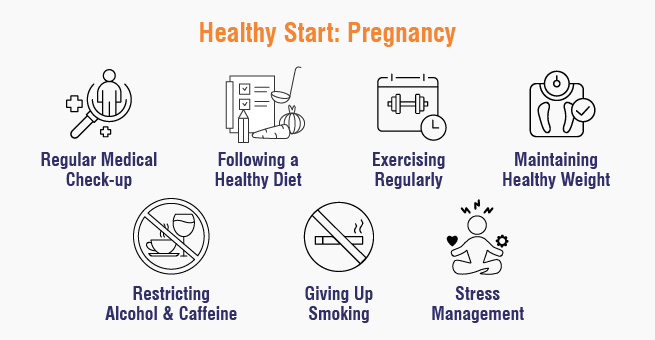
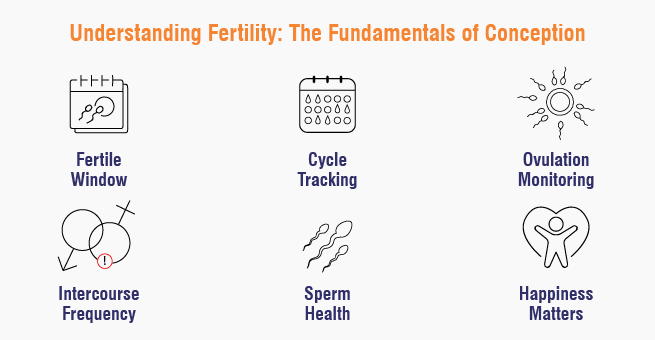
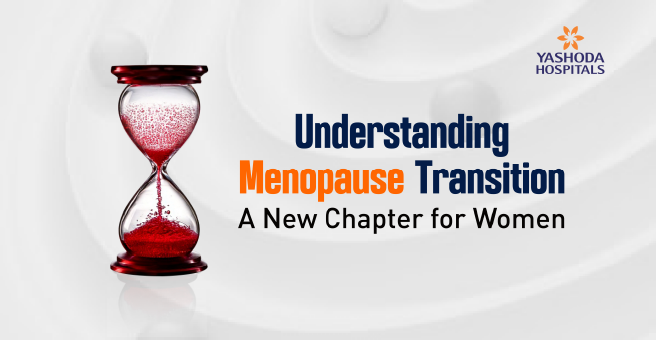



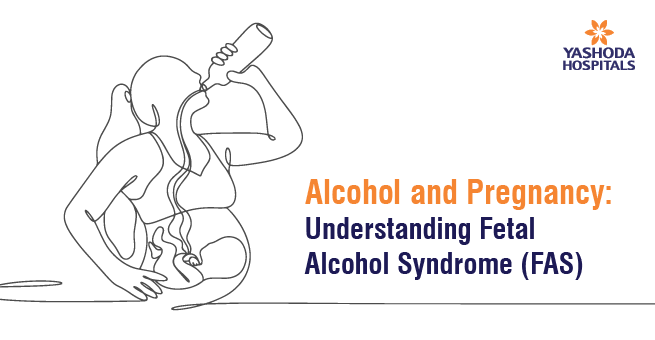
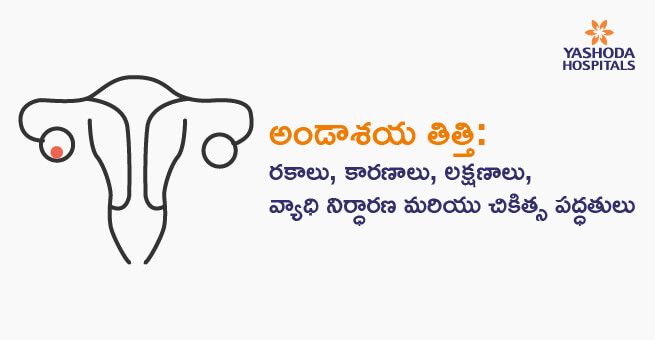
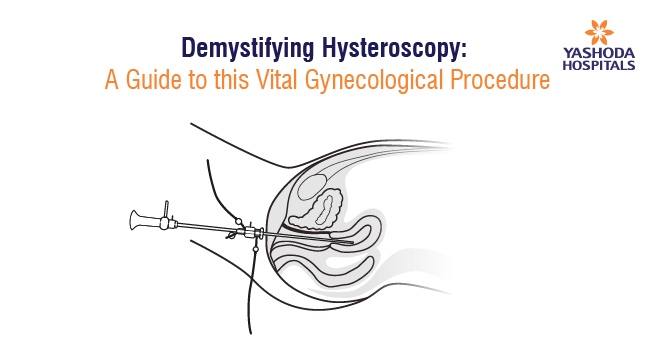
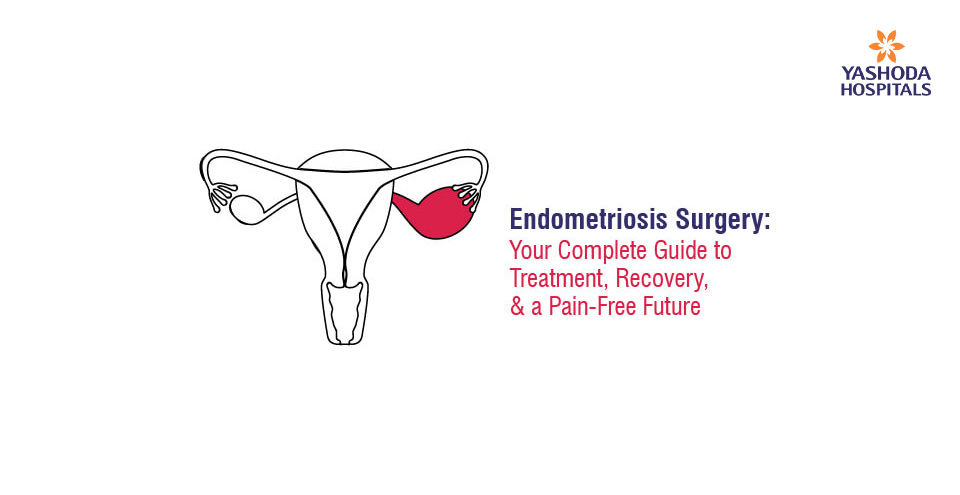


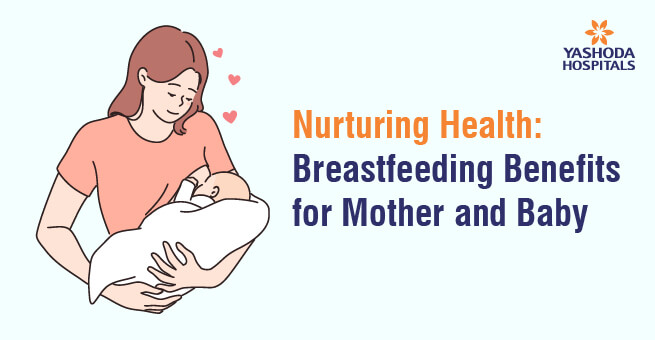






 Appointment
Appointment WhatsApp
WhatsApp Call
Call More
More

